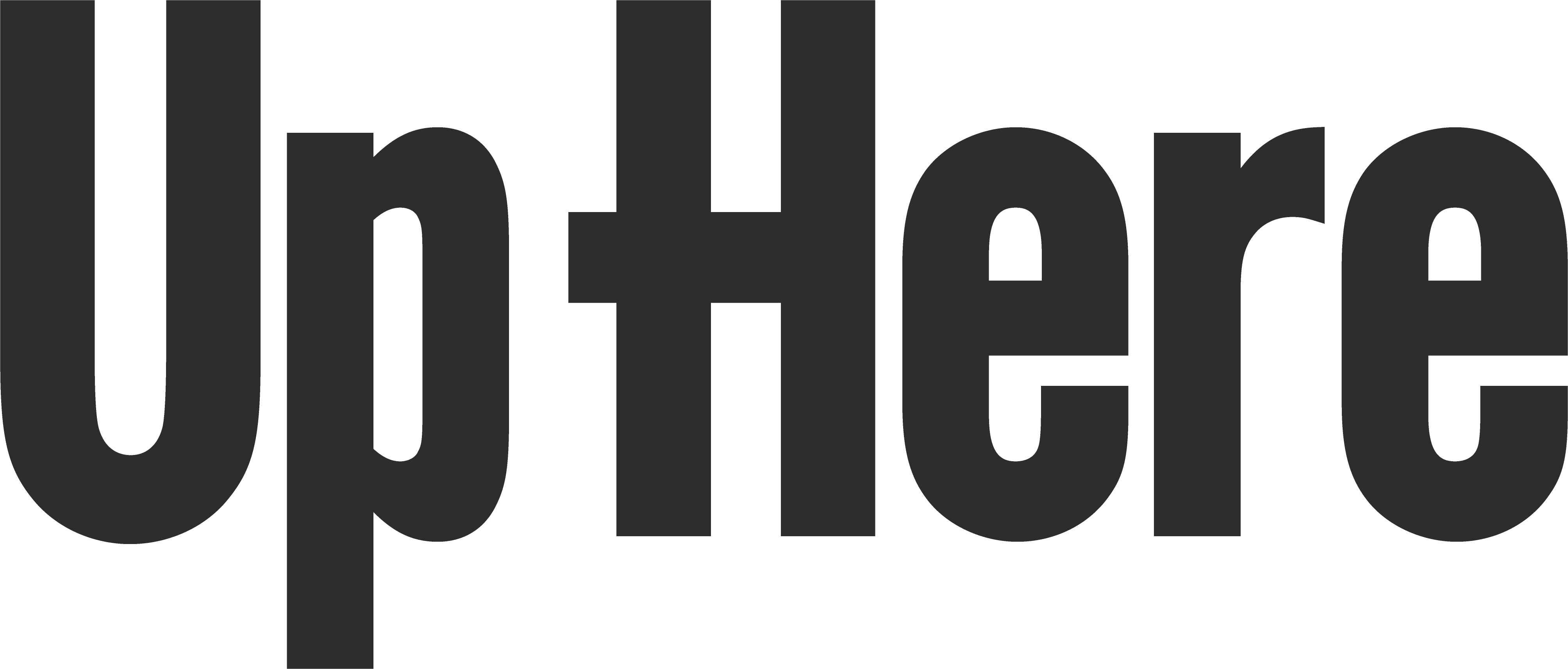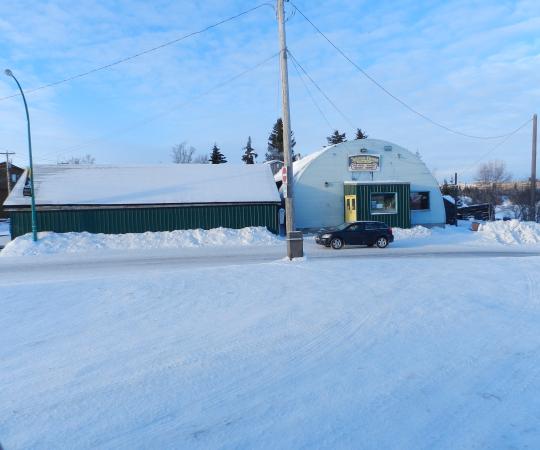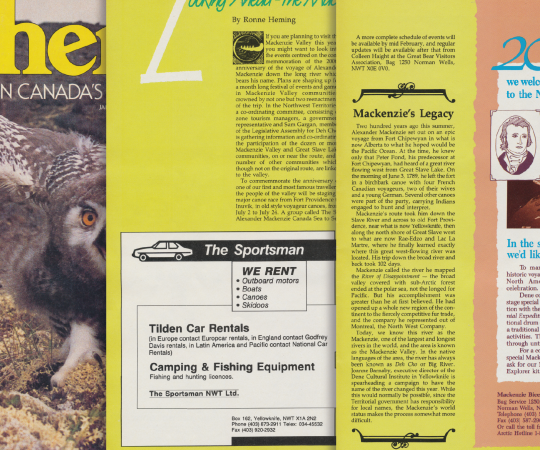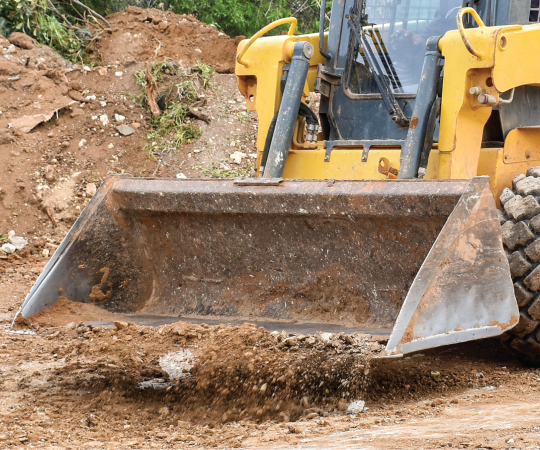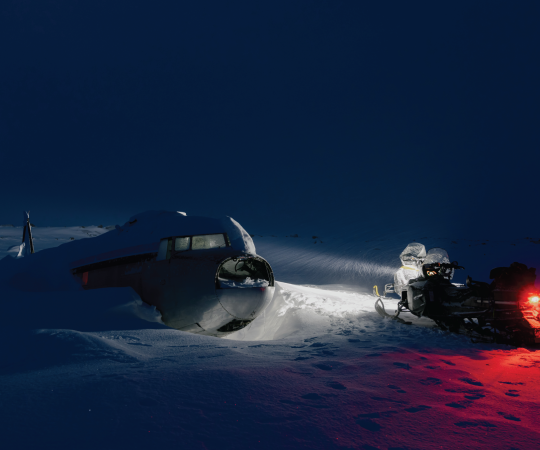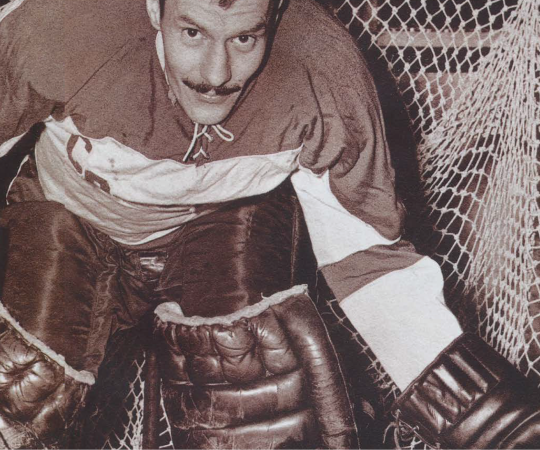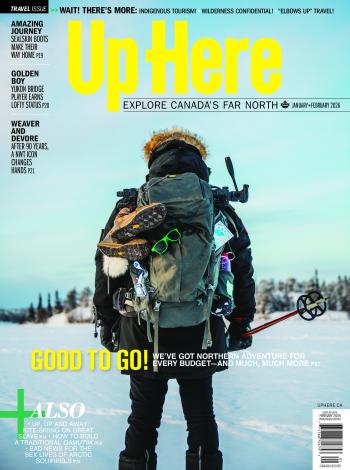First Birthday
I wanted to start my child's life with the connection to his culture I didn't have.
ILLUSTRATION BY lianne marie leda charlie
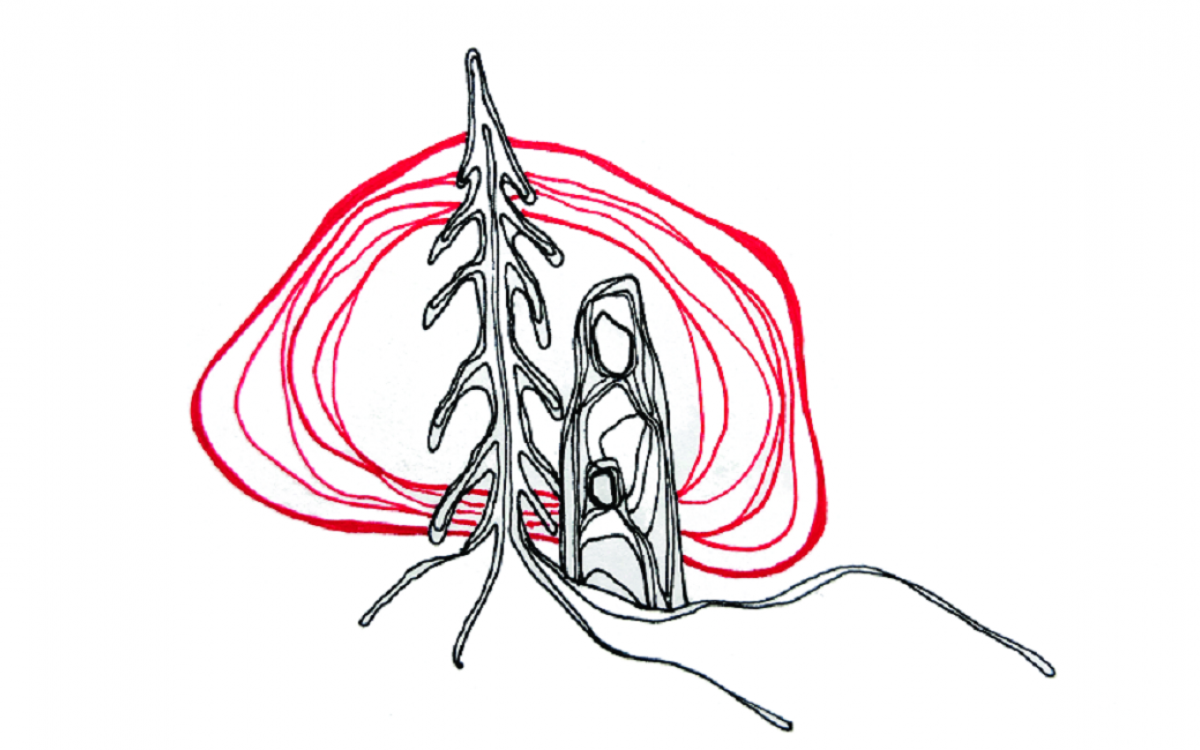
I can see an image from that day so clearly. We’re in a boat. My family is standing on the shoreline of Little Salmon Lake. The water at their feet; the trees at their backs. They are waving from the lake’s edge. We wave back. We are all witnessing.
Since pregnancy, I knew I wanted to do an afterbirth ceremony for my baby, Luka. I grew up away from my Northern Tutchone family in the Yukon. I didn’t know our ancestral practices when it comes to afterbirth, or a lot of things, for that matter. I never heard the women in my family speak about it. Even a couple of my closer cousins who had babies before me never spoke about the subject, although one mentioned she did take the placenta from the hospital. (It’s still in her freezer.)
It was one of my older cousins, who knows a lot about Northern Tutchone cultural practices, that finally told me. A few summers ago, we stopped by her house and I asked her about afterbirth. She told me that the placenta would be hung in a tree at the birthplace and whatever animal ate it would be connected to the baby throughout his or her life.
It’s the day after my son’s first birthday when we go to Little Salmon Lake. This isn’t his birthplace, but it is part of our people’s traditional territory in south-central Yukon. It’s the middle of July and early in the morning. Before we get in the boat, my auntie says that she’s proud of what we’re doing.
We spot our tree. Michael, my partner, steps out of the boat holding Luka. I’m holding the placenta. It’s double-wrapped in plastic baggies from the hospital. I’m carrying it in a little lunch bag, decorated with robots. My mom, sisters and cousin wait in the boat.
We walk towards our spindly little spruce tree. From the water, it seemed closer. Now standing on the bank, it feels far away. There are big, muddy wells hidden below long grass. I step into one and my foot gets soaked. It crosses my mind that a moose would have no trouble traversing this riverbank.
Up close, I can see the details of the lichen collecting on the tree’s twiggy branches. So many shades of green. It is so quiet. I pull out the plastic bag. Michael opens one of the blades of his Leatherman and hands it to me. The bag is full, squishy, and surprisingly heavy. It was frozen for a year. But now, after two days in a cooler, it has definitely thawed.
I slice off the knot. Blood pours out on to the ground. I use the bag and both my hands to drape the placenta over a branch. Now outside of the bag and on the tree, I’m surprised to see the umbilical cord. For some reason, I was expecting just the placenta. I’m brought right back to the hospital and the moment of Luka’s birth. A huge wave of emotion overcomes me and I sob.
I see the clear river water in front of me and I long with my entire body that this land will remain like this for Luka’s life, and well into a future that we won’t be around to see. At the same time, I fear that it won’t.
For years, I longed for connection to our homelands. As a junior scholar of Indigenous politics, I’ve written about it. I’ve been schooled in the language and theories of the importance of it. But this was the first time that I actually felt it.
It’s hard to describe what it is like to see a shared part of my body in a tree, beside a river, surrounded by thousands of acres of beautiful, pristine land. Mountains. Lakes. Dense bush. And not a sound. Just unwavering, silent presence.
I lean into Michael, who wraps his free arm around me. He holds me and Luka. The land holds us.
We walk back to the boat. Everyone hugs and holds one another. We begin the slow journey back up river. I glance at the spot where Luka and I tethered ourselves to our homelands. I have never felt this grounded in who I am—in who we are—in all my life.
The sun is warm. Our wake ripples out behind us toward the shore and downriver.
